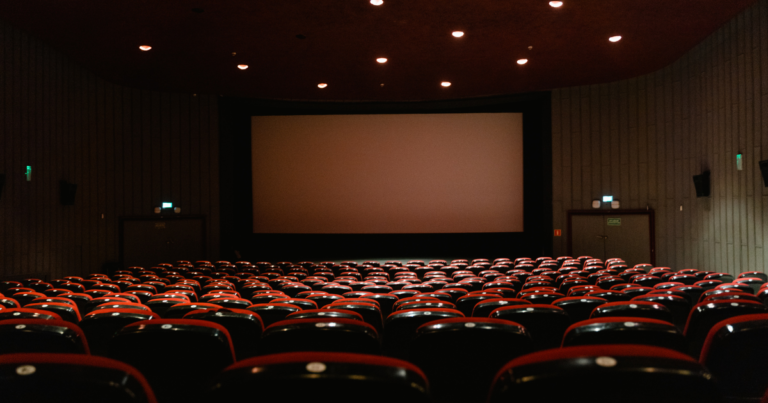The landscape of cinema is undergoing a transformative journey across Europe, driven by the rise of digital platforms and evolving viewing habits. As streaming services reshape the way we consume content, the need for media literacy and critical thinking has never been more pressing, particularly among Europe’s youth.
According to The Hollywood Reporter, European cinema attendance has witnessed a significant decline in recent years. In 2019, admissions were down by 2.3%, a trend that continued into 2020 due to the COVID-19 pandemic. Concurrently, streaming platforms like Netflix, Amazon Prime, and Disney+ have seen explosive growth across Europe. The pandemic accelerated this trend, with streaming subscribers increasing by 12% in 2020 alone. Streaming platforms are heavily investing in original European content. Shows like “The Crown” and “Money Heist” have garnered international acclaim, illustrating Europe’s global impact in digital entertainment.
As digital information multiplies, the ability to critically evaluate content is essential. Young people, in particular, must develop these skills to make informed decisions online. Europe is taking proactive steps to address this challenge. Initiatives like CrAL empower youth with the skills needed to decipher the complexities of the digital age.
In an age defined by digital data and interconnectedness, fostering media literacy and critical thinking is not just a goal but an imperative. Europe’s dedication to equipping its youth with these skills ensures that they can navigate the digital realm with confidence and discernment. By promoting media literacy, Europe’s citizens, young and old, contribute to the resilience of informed and democratic societies in the digital age.
In summary, the fusion of media literacy and critical thinking in the digital age, coupled with the evolution of cinema in Europe, emphasizes the theme of adaptation. As digital technology integrates further into our lives, these skills become essential for navigating the expansive digital landscape. Europe’s commitment to imparting these abilities, especially to its youth, is pivotal for building enlightened democratic societies. Europe’s cinema scene mirrors this adaptability, offering diverse viewing options, from traditional theaters to digital platforms, enriching the cinematic experience in the 21st century.
Sources:
- https://www.euronews.com/2023/07/26/we-need-to-learn-that-if-its-on-the-internet-it-doesnt-have-to-be-true
- https://www.abouther.com/node/59931/people/features/microsoft%E2%80%99s-media-literacy-program-aims-empower-internet-users-and-combat
- https://www.hollywoodreporter.com/business/business-news/karlovy-vary-industry-days-europe-cinema-decline-streaming-content-1235521554/
- https://www.schooleducationgateway.eu/en/pub/latest/practices/media-literacy-examples-europe.htm
- https://rm.coe.int/media-literacy-mapping-report-en-final-pdf/1680783500

